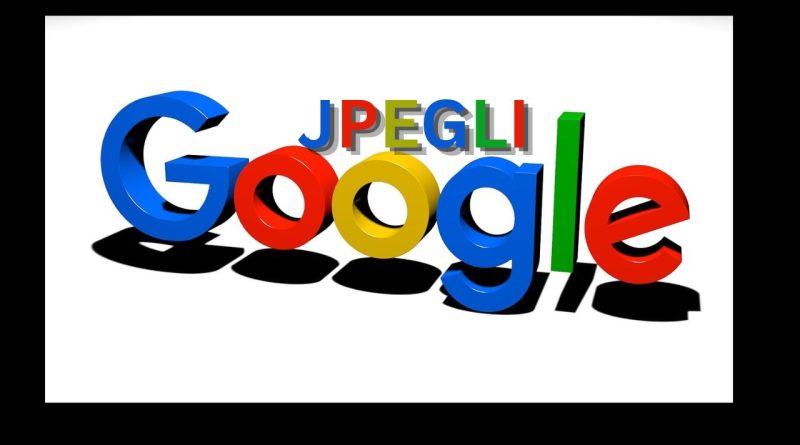Google Released Jpegli, An Enhanced JPEG That More Effectively Compresses Photos By A Third
Despite the many promising image formats, including those promoted by Google itself, the search giant does not abandon attempts to improve and optimize the JPEG familiar to many. Yesterday the company introduced a new JPEG encoding library called Jpegli, which the creators claim is 35% more efficient at compressing images at high quality settings.
Google highlights the following advantages of Jpegli:
1. The library is an encoder/decoder that is fully compatible with the original JPEG standard and is API/ABI compatible with libjpeg-turbo and MozJPEG.
2. High quality- When compressing and decompressing images using Jpegli, more accurate and “psychovisually efficient” calculations are performed, resulting in sharper images with fewer artifacts.
3. Speed- Despite the better image quality and compression efficiency, the encoding speed is comparable to conventional options such as libjpeg-turbo and MozJPEG, making it easy for web developers to integrate the new library into their workflows without sacrificing speed or resource consumption.
4. Possibility of encoding an image with 10 or more bits per color component. Traditional libraries encode images using 8 bits per component, which results in artifacts on smooth gradients. The resulting images are fully compatible with decoders with 8-bit representation of color components, which means they will be displayed in all existing viewing programs, including browsers.
5. Compression efficiency- Jpegli compresses images more efficiently than traditional encoders, which saves space and traffic and speeds up page loading.
Similar results were achieved by partially using the developments of the JPEG XL format, which the company refused to support in Google Chrome after long testing due to the “lack of significant advantages and interest in the community.”

